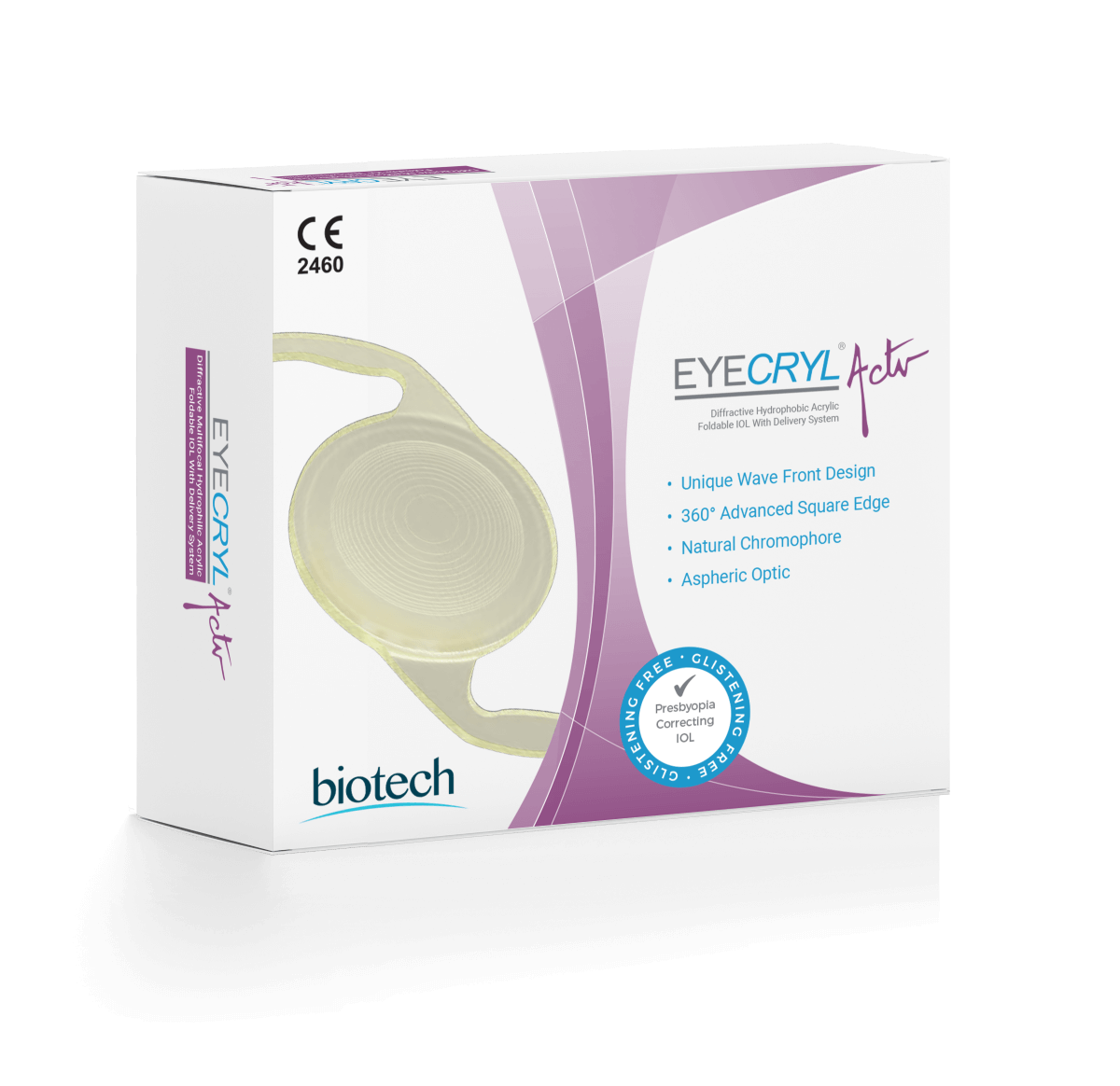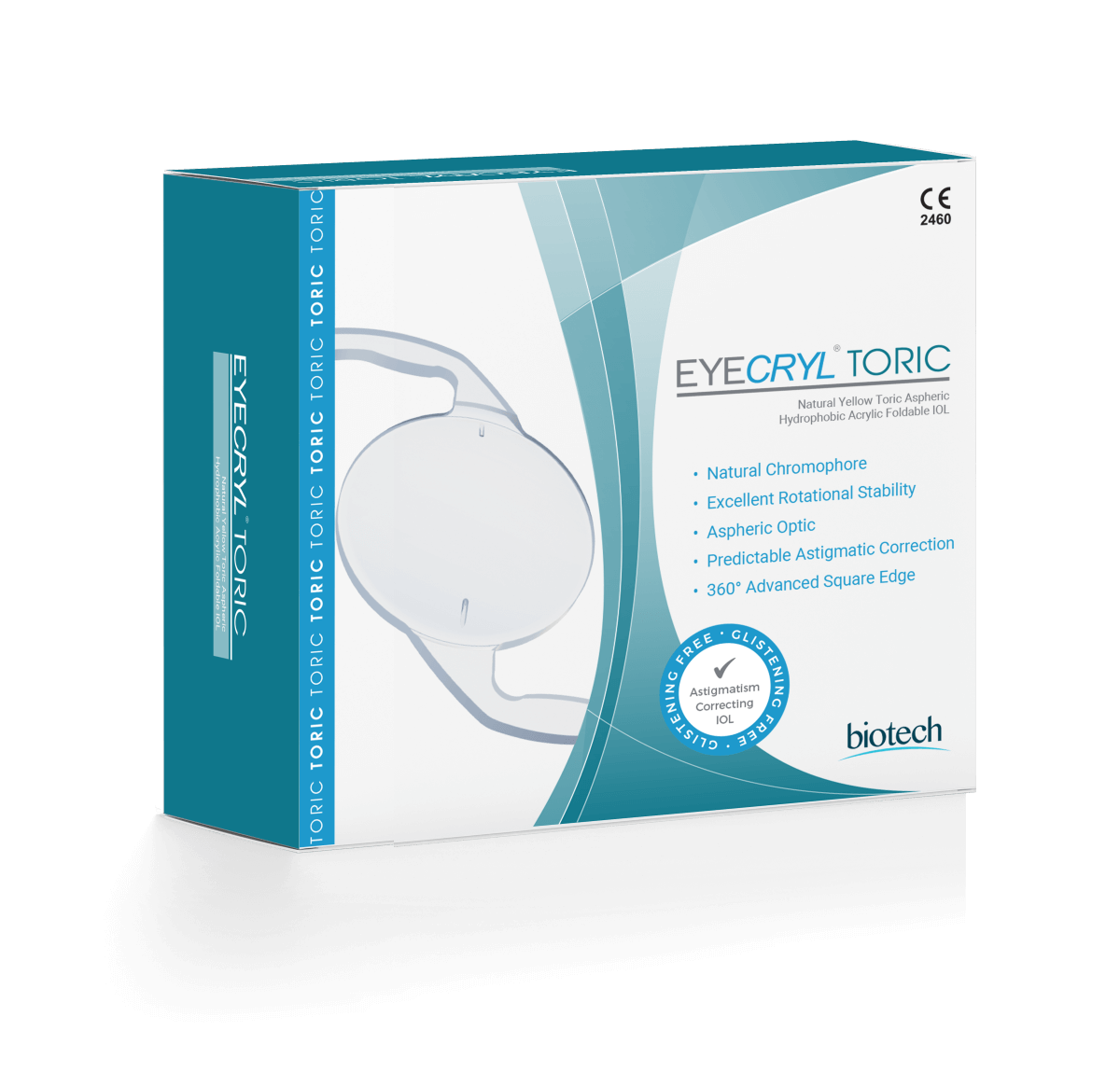
What is Glaucoma?
Glaucoma is a group of eye conditions that can cause damage to the optic nerve, leading to vision loss or blindness if left untreated. The condition is often associated with an increase in the pressure within the eye, which can result from fluid buildup in the front part of the eye. Glaucoma is the leading cause of blindness for people over the age of 40 and can affect anyone, although some individuals may be at a higher risk than others.
Glaucoma includes several types, such as :
- open-angle glaucoma,
- tension glaucoma,
- congenital glaucoma,
- acute angle-closure glaucoma
Congenital glaucoma affects infants and young children, leading to potential vision problems early in life. Open-angle glaucoma, also known as chronic or primary glaucoma, is the most common type of glaucoma and progresses slowly without noticeable symptoms in the early stages. Acute angle-closure glaucoma is a less common form that can cause sudden symptoms such as severe eye pain, blurred vision, and nausea. This type of glaucoma is considered a medical emergency and requires prompt treatment to prevent vision loss. To treat glaucoma and prevent vision loss, regular eye exams with an eye doctor are essential for early detection.
What are the symptoms of Glaucoma?
The symptoms of glaucoma can differ depending on the type and progression of the condition. In the early stages of open-angle glaucoma, people often don’t experience any symptoms, which makes it difficult to detect without regular eye exams. As the disease progresses, you might start noticing a gradual loss of peripheral vision, leading to the development of blind spots in your vision. On the other hand, acute angle-closure glaucoma can cause sudden and severe symptoms like intense eye pain, headaches, blurry vision, and seeing halos around lights. This type of glaucoma can also result in nausea and vomiting, and it’s considered a medical emergency due to the rapid increase in eye pressure. Tension glaucoma can also lead to symptoms such as eye pain and pressure, but it’s important to have them checked by an eye doctor to determine the underlying cause. Congenital glaucoma, which affects infants and young children, can cause excessive tearing, sensitivity to light, and an enlarged, cloudy cornea. Early diagnosis and treatment of any form of glaucoma are crucial to prevent further damage to the optic nerve and vision loss. Regular eye exams play a vital role in detecting glaucoma early and effectively managing it.
Can glaucoma be treated?
Yes, glaucoma can be treated, and early detection is crucial to prevent vision loss. Treatments Yes, glaucoma can be treated, and early diagnosis is crucial for effective management and prevention of vision loss. Treatment options aim to reduce eye pressure and include medications such as eye drops that lower fluid production or improve drainage. If medications are insufficient, laser therapy or surgery may be recommended. Regular eye exams with an eye doctor are essential to monitor the condition and ensure the treatment remains effective, helping preserve vision and prevent further damage to the optic nerve.
What Happens If Glaucoma Is Not Treated?
Neglecting treatment for glaucoma can have serious consequences, as it can cause permanent damage to the optic nerve, resulting in vision loss and eventual blindness. The initial signs of vision loss may manifest as blind spots in the peripheral vision, eventually progressing to tunnel vision and complete loss of sight. To prevent significant vision impairment, it is vital to detect and treat glaucoma at an early stage.
How can I prevent my glaucoma from getting worse?
To prevent glaucoma from worsening, it is important to adhere to your prescribed treatment plan, including taking medications as directed and attending regular eye exams to monitor intraocular pressure and optic nerve health. These measures can help manage the condition and prevent further damage.Lifestyle changes such as maintaining a healthy diet, avoiding smoking and managing other health conditions such as diabetes and high blood pressure can contribute to overall eye health and reduce the risk of glaucoma progression.
FAQ
Is glaucoma a very serious disease?
The seriousness of glaucoma lies in its potential to cause permanent damage to the optic nerve and lead to vision loss if not properly treated. It is a leading cause of blindness globally, underscoring the importance of early detection and prompt treatment for everyone.
What are the first symptoms of glaucoma developing?
The first symptoms of glaucoma can be subtle and may include blind spots in peripheral vision or changes in your field of vision. Acute angle-closure glaucoma may present with more immediate symptoms such as severe eye pain, blurred vision, and halos around lights.
At what age does glaucoma start?
Glaucoma can start at any age, including congenital glaucoma in infants. However, the risk of developing glaucoma increases with age, particularly after age 40. Regular eye exams are recommended for people in this age group, especially those with a family history of the condition.
Which foods are good for glaucoma?
A healthy diet rich in antioxidants and nutrients can support overall eye health. Foods such as green leafy vegetables, fatty fish, and whole grains are beneficial for people with glaucoma. These foods can help maintain healthy blood flow to the eyes and support overall health.
Is glaucoma painful?
Most forms of glaucoma are not painful in the early stages, especially open-angle glaucoma. However, acute angle-closure glaucoma can cause intense eye pain, along with blurred vision and other symptoms. It is a medical emergency and requires immediate treatment.
Can glaucoma occur in only one eye?
Yes, glaucoma can affect one eye or both eyes. It depends on the specific type and underlying causes of the condition. Regular monitoring of both eyes is essential for early detection and effective treatment.
How long can you live with glaucoma before you go blind?
The progression of glaucoma varies for each person, and with proper treatment and monitoring, many individuals can maintain their vision and quality of life for many years. Early detection and adherence to treatment plans are key to preventing significant vision loss.
Our Bestsellers
Categories
Company
Media
Follow Us
© Copyright Biotech /Terms Of Use - Privacy Policy
Version 2_CT_1212222



